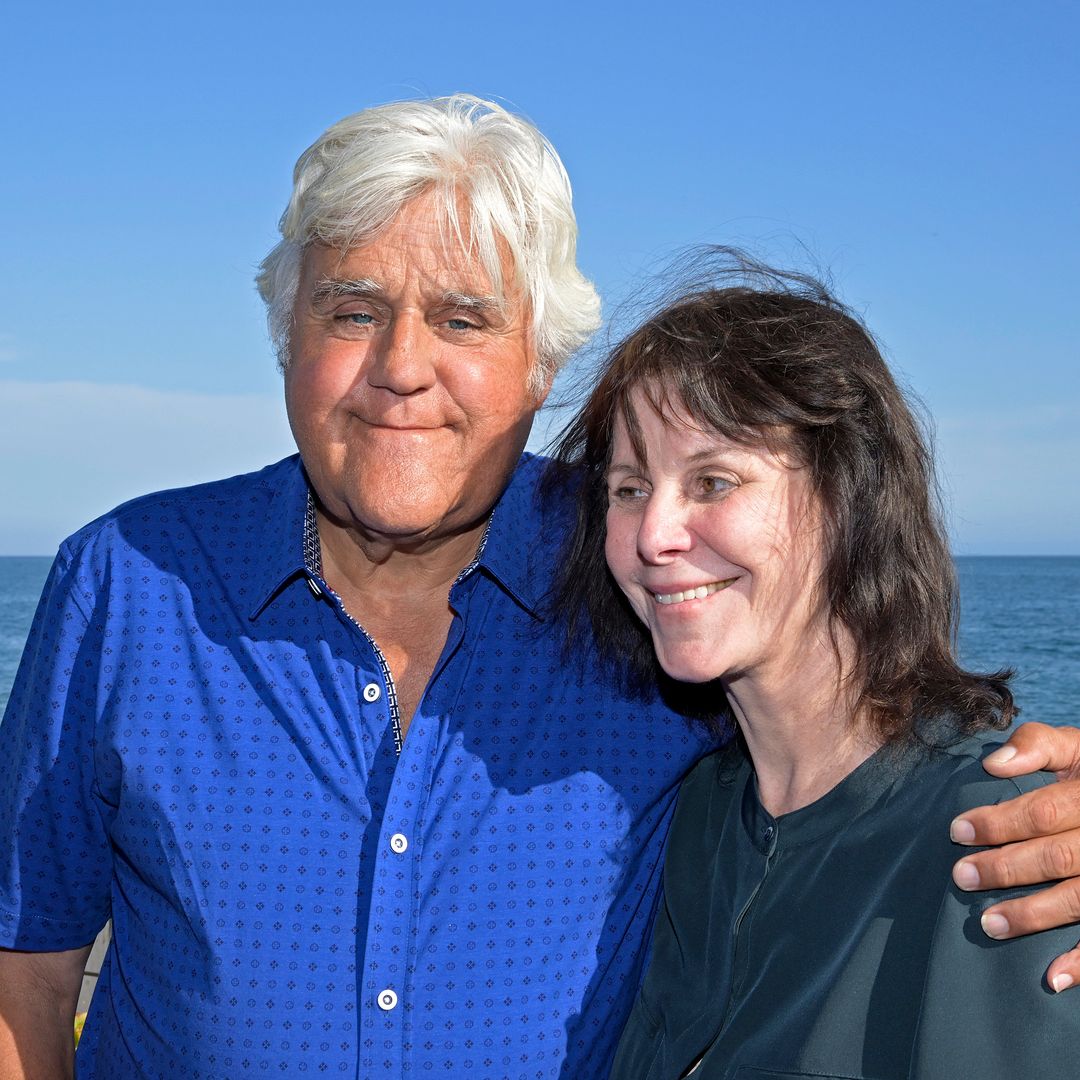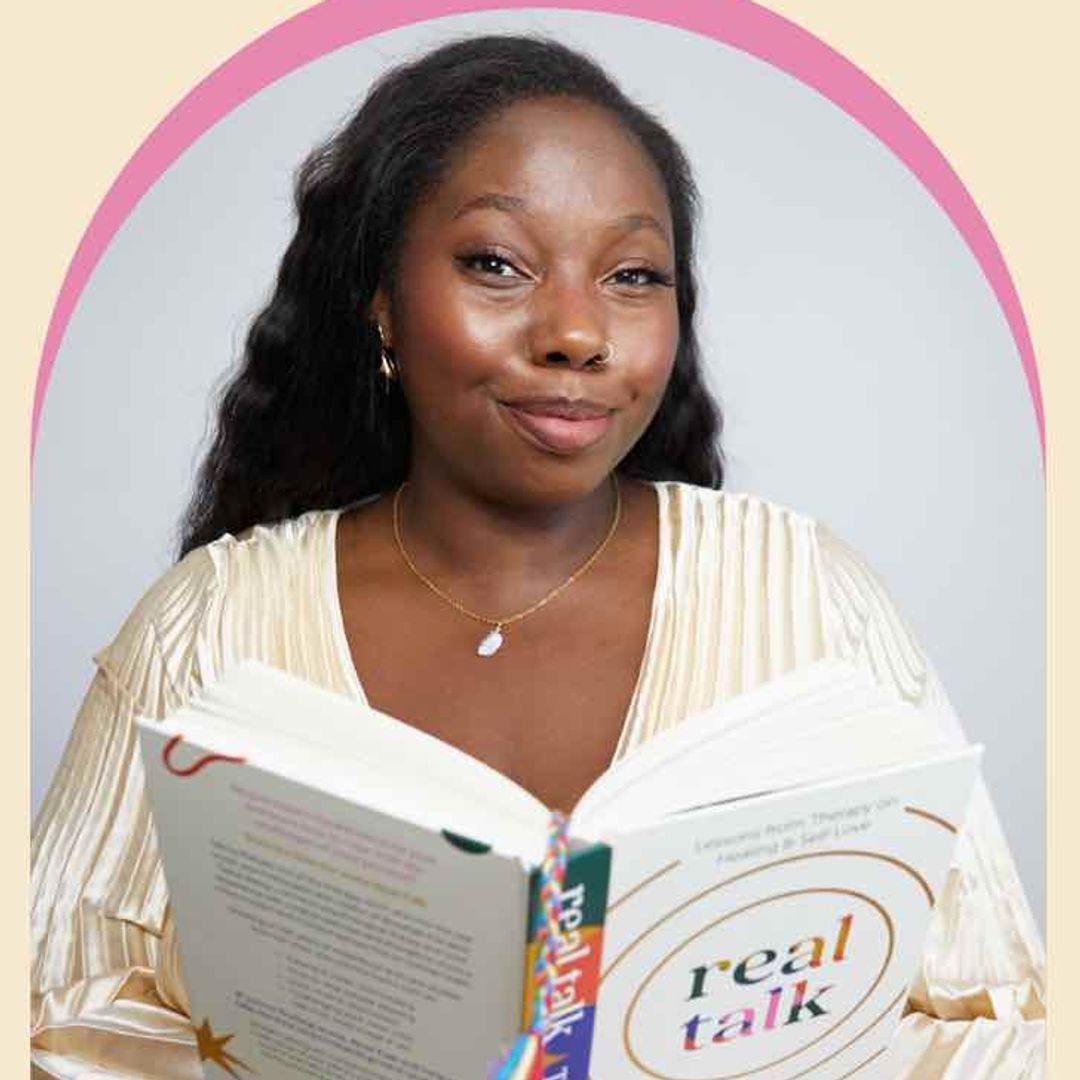Feeling lonely? The ironic thing is, you're not alone. According to The Office of National Statistics, 3.7 million adults are experiencing "severe loneliness." As part of our digital mental health issue, guest-edited by Scarlett Moffatt, we spoke to mental health experts about how to cure that isolated feeling.
According to emotions researcher Brene Brown, at the heart of loneliness is the absence of meaningful social interaction, which can be anything from an intimate relationship to friendship or even community or work connections.
"The impact [of loneliness] appears to have hit younger adults and women the hardest and has led to an increase in mental health issues such as anxiety and depression," says Dr. Meg Arroll, chartered psychologist with Healthspan."I have seen this in my practice, with younger people and women reporting feelings of isolation, even if they've been with family over the past two years."
"From my observations, those who had to juggle multiple and competing demands such as establishing WFH, homeschooling, financial concerns, worries over loved ones - particularly vulnerable family members - tended to feel more isolated in their lives," Dr. Meg continues.
Indeed, she points out there's a big difference between physically being alone and experiencing loneliness. "Lack of genuine connection can make people feel lonely even when they're surrounded by others," Dr. Meg says.
Loneliness in itself is not a mental health condition, according to Dr. Meg, but it can be a slippery slope to a range of conditions. She talks us through the signs of loneliness to look out for among loved ones.
Signs of loneliness
Signs of loneliness can be usefully split into four categories:
Physical signs of loneliness
This includes catching more viral infections and finding them harder to recover from, explains Dr. Meg. Sleep disturbance and cravings for unhealthy food are other signs.
Emotional signs of loneliness
These include low self-esteem and self-worth, feelings of emptiness, high levels of self-criticism, resentment towards others and lack of motivation.
Personality changes
When someone is lonely you might notice their social interactions become poor quality, or they may show heightened attention-seeking or conversely, social withdrawal and increased arguing, impatience and frustration when in the company of others.
Behavioural indicators of loneliness
Hoarding, increased shopping, internet/social media use and binge watching as well as substance misuse are all signs of loneliness.
What to do if you're feeling lonely
Take it slow
Start slowly by reaching out to one trusted person and build up your social strength to avoid fatigue. The focus should be on the quality of social interaction, rather than quantity – the number of friends someone has is not a robust reflection of connectedness.
Learn to sit with loneliness
"When feelings of loneliness arise, it can be really tempting to fill that void with people but learning to be able to sit in that discomfort is the key to reducing the intensity of the emotion," says life coach Michelle Elman.
"Loneliness is a signpost to show you a need that is being unmet and that need could be something such as community, connection, intimacy or physical touch."
Plan activities you enjoy
"Seek pleasure in your activities and actually plan them because they are pleasurable and make you feel joy," says cognitive behavioural hypnotherapist Denise Iordache. "Joy can be a great emotion to counter loneliness.
"Joy inducing activities can be endless; some examples include reading a book, watching a comedy, dancing, joining a new class, going walking, hiking or taking a relaxing bath."
Seek connection
"Connection is an integral part of being human," says Denise Iordache. "We are social animals, therefore we thrive on meaningful connections which bring us closeness.
"A way to drive this would be to increase opportunities for social interaction, such as joining a group of like-minded individuals who share your interests or choosing to volunteer for a cause you believe in."
How to help someone who is lonely
Be it a friend who seems isolated or a colleague who appears detached, helping someone who is lonely needs to be approached delicately. While inviting them out seems the easiest option, this can cause overwhelm, especially if feeling anxious around social occasions is what caused them to become isolated in the first place.
"Sensitively ask someone who appears to be lonely about their social interactions and connections," says Denise Iordach. "For example, as them how are they are spending their days most often. Ask: 'Are you taking part in many activities with your friends/colleagues etc.?'
"This questioning should be done in an empathetic and non-judgmental way so the other person feels safe to answer the question. Never assume you know their answer. Remember that we ask the questions because we want to hear the answers; which in turn can help us understand if there is anything we can do to help," advises Denise Iordache.
Helping someone overcome loneliness is not only about getting support but also about giving support back and mutual aid, explains Denise. "One sensitive way to reach out would actually be to ask that person for their help. Ask them to help you be more socially active for example, or ask them for a drink after work.
"An act of kindness and inclusion can make all the difference for a person struggling with loneliness. So, if in doubt, just be kind and offer your support in the best way that you can and according to your own available resources."











